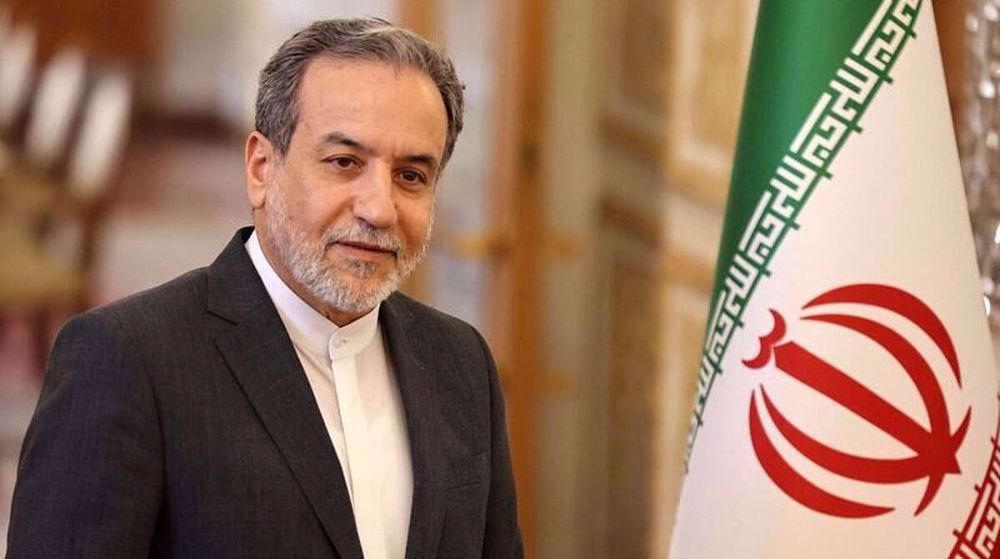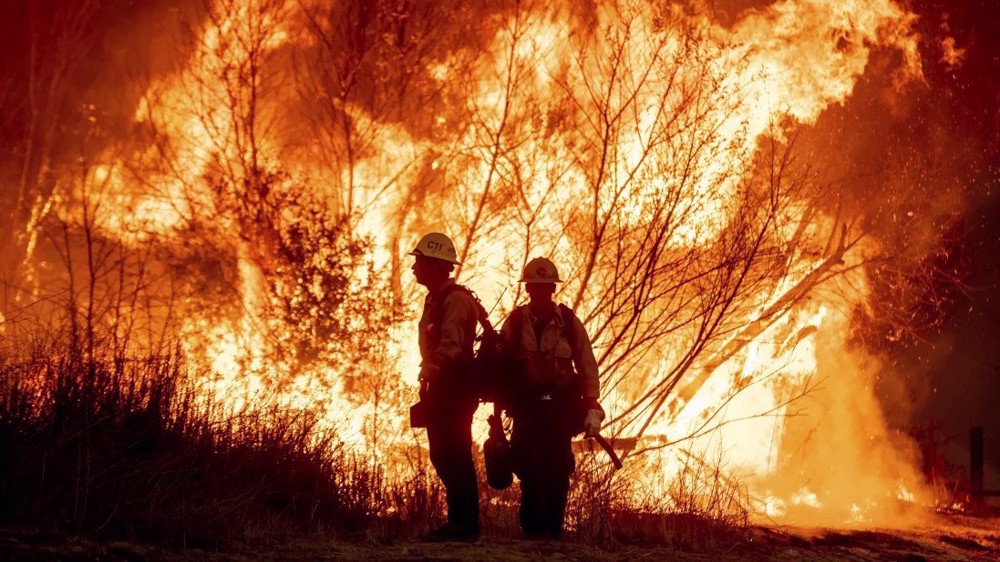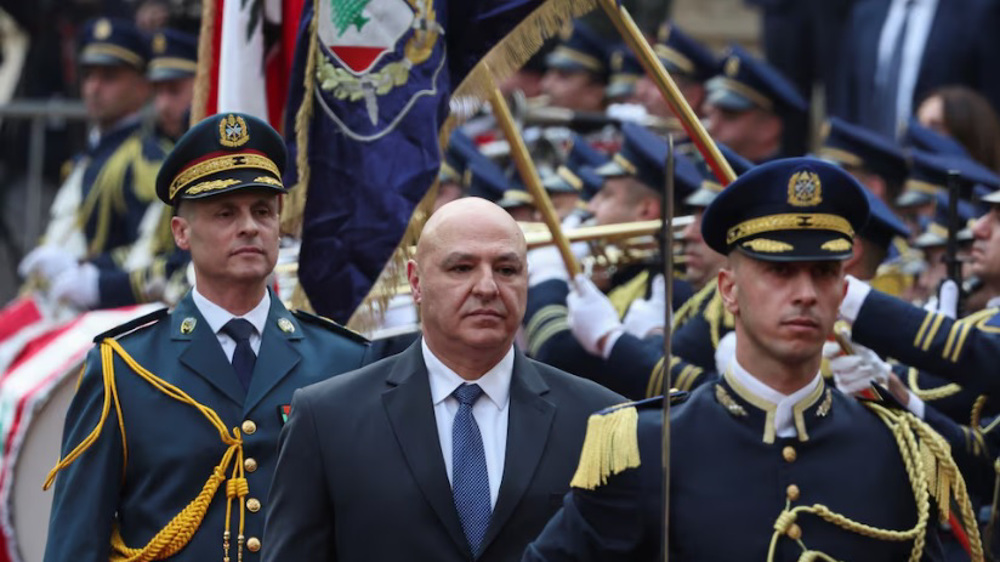US fully responsible for multiple terrorist attacks in Afghan capital: Iran
The spokesman for Iran’s Foreign Ministry says the United States is responsible for multiple terrorist blasts that rocked the densely populated parts of Afghanistan’s capital with one hitting the Iranian embassy in Kabul.
Saeed Khatibzadeh said on Saturday that the Kabul terrorist attacks were an example of a “proxy war” by allies of the terrorist regime of the United States.
He condemned any act of terror that targets the Afghan people and civilian areas and offered his sympathy to the government and people of Afghanistan, especially the bereaved families of the victims.
"In today's terrorist missile attack on different parts of Kabul, including the city’s Green Zone, … at least one rocket landed in the Iranian Embassy in Kabul, which inflicted minor damage on some facilities and equipment of the mission," the Iranian spokesperson said.
Fortunately, the Iranian embassy staff are safe and sound, he added.
Afghanistan’s Interior Ministry said almost two dozen rockets hit Kabul early Saturday, targeting several areas in the northern and central parts of the city, including the heavily fortified Green Zone that houses embassies and international firms.
The barrage of rockets on the Afghan capital left at least eight people dead and more than 30 others injured, the latest big attack in a wave of violence that has engulfed the Afghan capital.
The Iranian Embassy announced on Twitter that its main building had been hit by rocket fragments after a missile landed on the premises.
No one on the compound, located just outside the Green Zone, sustained any injuries.
The Daesh terrorist group claimed responsibility for the attack.
The US invaded Afghanistan and toppled the Taliban regime in 2001 under the pretext of fighting terrorism following the September 11 attacks in New York. Afghanistan has been gripped by insecurity since then.
Iran ready to boost cooperation with Afghanistan: Zarif
Meanwhile, in a Saturday phone call with his Afghan counterpart Mohammad Haneef Atmar, Iranian Foreign Minister Mohammad Javad Zarif expressed Tehran’s readiness to expand cooperation with Kabul.
Zarif also congratulated Atmar on his appointment as Afghanistan’s foreign minister.
Atmar, for his part, said his country is resolute on promoting all-out relations with Iran.
Serving as Afghanistan’s acting foreign minister, Atmar paid a two-day visit to Tehran in June and held talks with senior Iranian officials on mutual relations and issues of common interest. His trip came amid a diplomatic row between Kabul and Tehran over a number of issues, including alleged torture and drowning of dozens of Afghan migrants.
In a meeting with Atmar, Secretary of Iran’s Supreme National Security Council Ali Shamkhani said enemies of Iran and Afghanistan are trying to take advantage of a deadly incident along the two countries’ common border to scuttle friendly relations between Tehran and Kabul.
Iran's top security official pointed to policies adopted by the United States to make the region tense and insecure, saying, “After facing shameful fiascos in Syria and Iraq following the fall of Daesh, the enemies of Muslim nations are pursuing a new plan by targeting good relations between Iran and Afghanistan to prevent further solidarity and friendship between the two nations.”
Read more:
Israel on ‘high alert’ as it braces for Yemen retaliation after US-British attack
How American athletes are standing up for Palestine despite vilification, threats
Jan. 10: ‘Axis of Resistance’ operations against Israeli occupation
UN must blacklist Israel for sexual violence against Palestinians: Euro-Med
Daesh terrorist attack on Sayyida Zainab shrine in Syria foiled: Report
Humans of Gaza: Dr. Thabat Salim, young Palestinian doctor killed in line of duty
Lebanon complains to UN Security Council over ongoing Israeli attacks
Iran to unveil indigenous remote-sensing Pars-2 satellite next month












 This makes it easy to access the Press TV website
This makes it easy to access the Press TV website